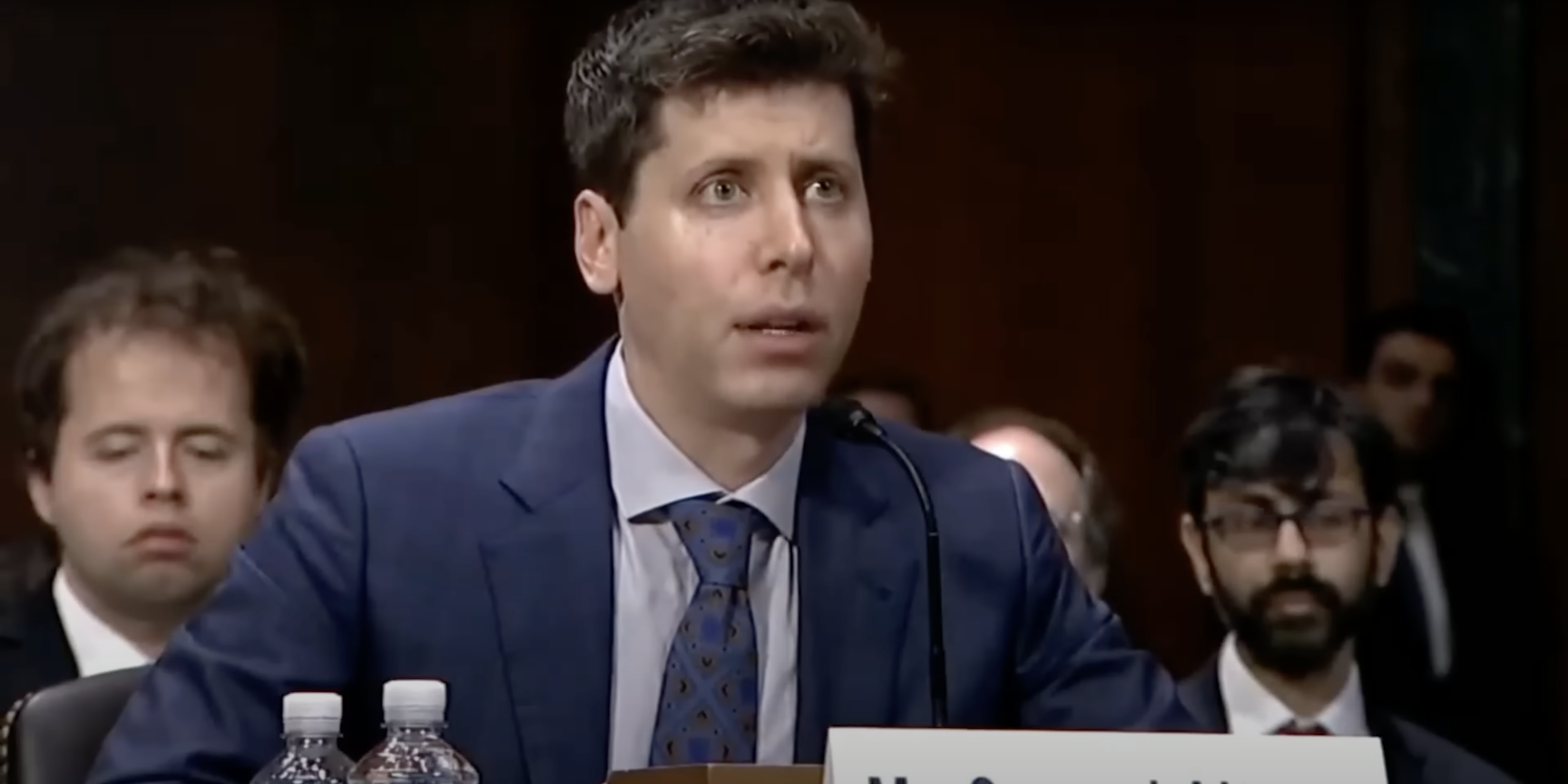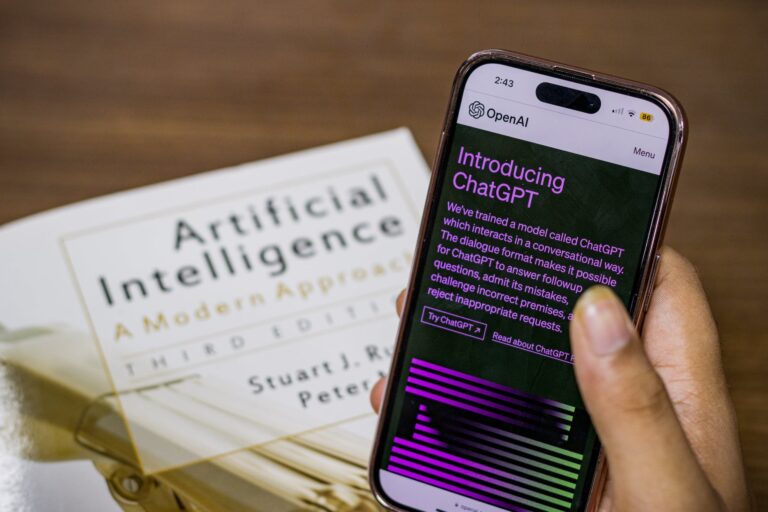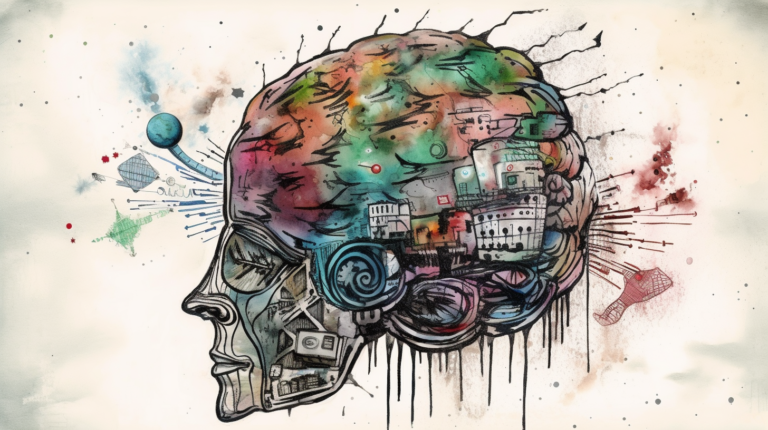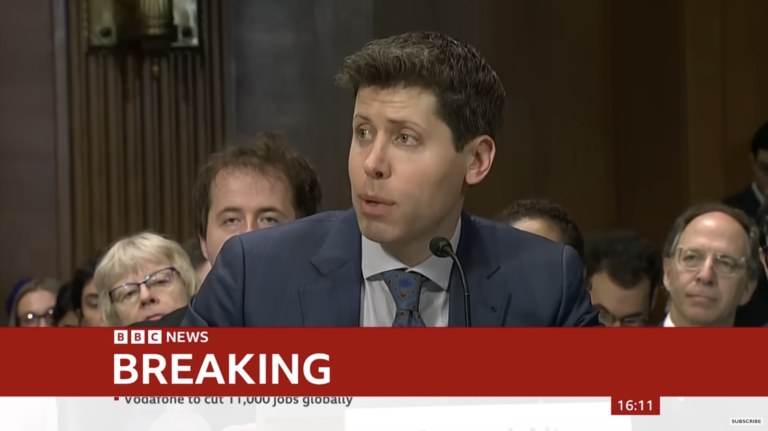OpenAI’s Latest Move: A Step Towards Democracy or a Power Play?

In a world where artificial intelligence (AI) is increasingly becoming a part of our daily lives, OpenAI, the AI research lab co-founded by Elon Musk, has made a significant announcement that has the tech world buzzing. The organization has launched a program to award ten $100,000 grants to fund experiments in setting up a democratic process for deciding what rules AI systems should follow. But is this a genuine step towards democratizing AI, or is it a strategic move to write the rulebook for AI governance?
A Democratic Approach to AI
OpenAI’s initiative is a bold one. The organization believes that decisions about how AI behaves should be shaped by diverse perspectives reflecting the public interest. They are seeking teams from across the world to develop proof-of-concepts for a democratic process that could answer questions about what rules AI systems should follow.
While this move is commendable, it raises some critical questions. Is it possible to truly democratize AI? And more importantly, should a single organization, even one as influential as OpenAI, be the one to spearhead this initiative?
The Broader Conversation: AI Safety and AGI Risks
The announcement comes at a time when the conversation around AI safety and the potential risks of artificial general intelligence (AGI) is heating up. OpenAI has always been at the forefront of this discussion, advocating for the safe and beneficial use of AI. But as we inch closer to the reality of AGI, the stakes are getting higher.
There’s a growing concern among experts about the potential risks associated with AGI. Some fear that AGI could lead to a dystopian future where machines surpass human intelligence and potentially pose a threat to humanity. While OpenAI’s mission is to ensure that AGI benefits all of humanity, it’s crucial to consider these concerns.
OpenAI and Lawmakers: A Delicate Dance
OpenAI’s recent announcement comes on the heels of CEO Sam Altman’s appearance before a Congressional hearing last week. Altman’s testimony was a significant event, highlighting the increasing attention lawmakers are paying to AI and its implications.
However, this close interaction with lawmakers has raised eyebrows. Critics argue that OpenAI’s calls for regulation could be seen as an attempt to write the rulebook by which they will be governed. Are they really being helpful, or are they getting too close to lawmakers?
Damned If They Do, Damned If They Don’t
It’s a tricky situation for OpenAI. They’re damned if they do and damned if they don’t. If they don’t take the initiative to shape AI rules, they could be accused of shirking their responsibility. But if they do, they risk being seen as trying to control the narrative.
Despite the criticism, it’s important to acknowledge that OpenAI is making efforts to involve the public in decisions about AI behavior. Whether this is the right approach or not, it’s a conversation that needs to be had. And as we navigate the uncharted waters of AGI, it’s a conversation that will only become more critical.





